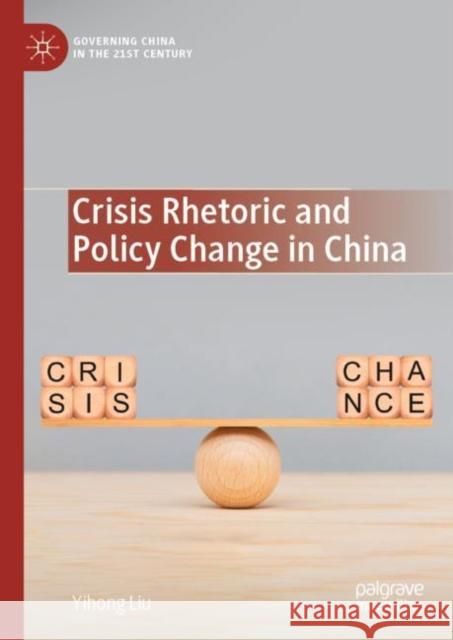Crisis Rhetoric and Policy Change in China » książka
topmenu
Crisis Rhetoric and Policy Change in China
ISBN-13: 9789811677625 / Angielski / Twarda / 2022 / 276 str.
Crisis Rhetoric and Policy Change in China
ISBN-13: 9789811677625 / Angielski / Twarda / 2022 / 276 str.
cena 443,82
(netto: 422,69 VAT: 5%)
Najniższa cena z 30 dni: 424,07
(netto: 422,69 VAT: 5%)
Najniższa cena z 30 dni: 424,07
Termin realizacji zamówienia:
ok. 16-18 dni roboczych.
ok. 16-18 dni roboczych.
Darmowa dostawa!
Kategorie BISAC:
Wydawca:
Springer Verlag, Singapore
Seria wydawnicza:
Język:
Angielski
ISBN-13:
9789811677625
Rok wydania:
2022
Ilość stron:
276
Waga:
0.48 kg
Wymiary:
21.01 x 14.81 x 1.75
Oprawa:
Twarda
Wolumenów:
01
Dodatkowe informacje:
Wydanie ilustrowane











